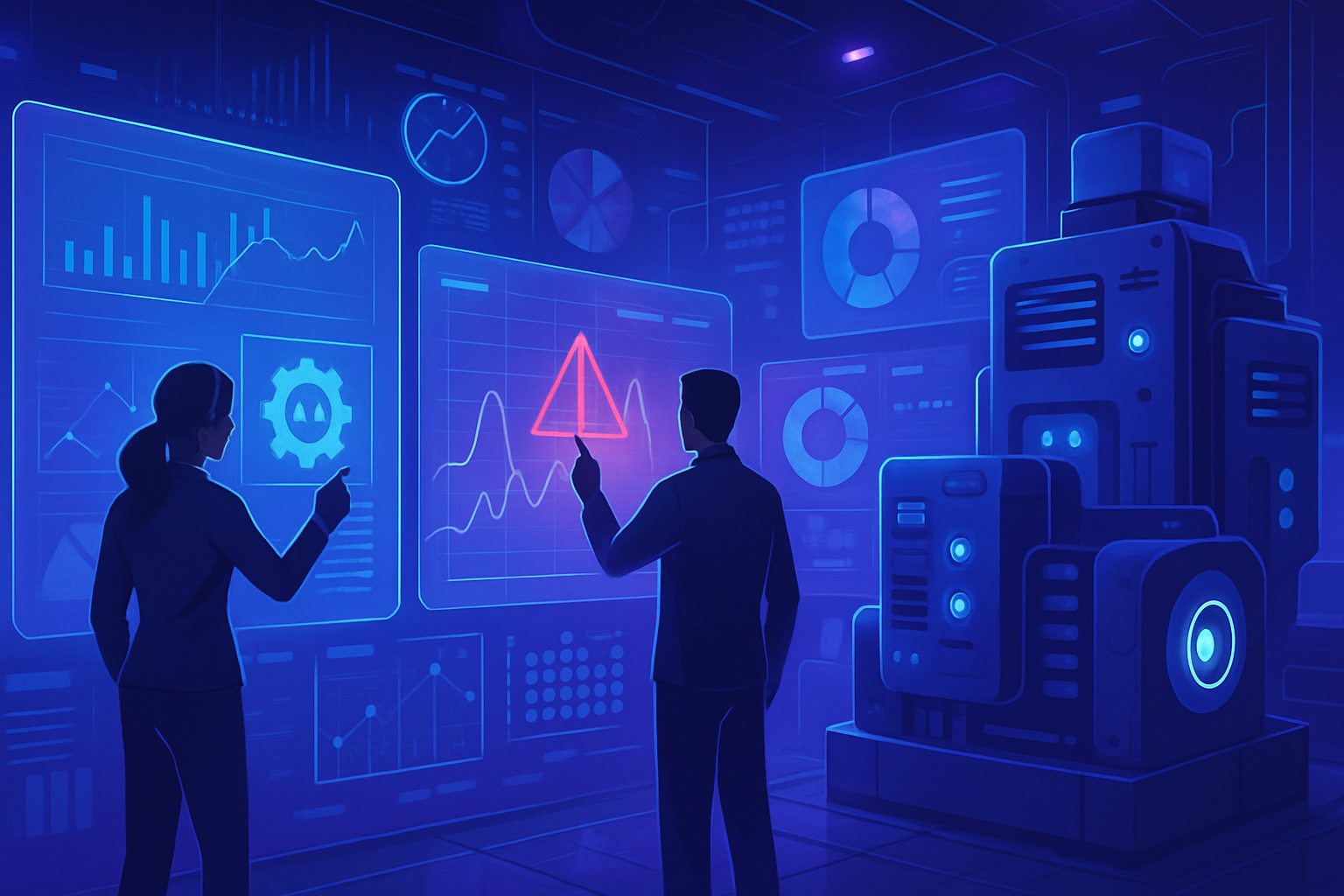The latest artificial intelligence model from DeepSeek, R1 0528, highlights a worrying *reversal of free speech*. Researchers are questioning the nature of the restrictions imposed, likening this change to a *backward step* in the crucial area of discourse. The way this technology handles sensitive topics raises deep concerns about the balance between *safety* and *openness* in public discourse.
Restrictions on free speech
The latest artificial intelligence model from DeepSeek, designated R1 0528, raises increasing concerns due to its increased restrictions on free discourse. Several artificial intelligence researchers view this development as a significant setback for free speech. The analysis of the model reveals a trend toward intensifying the limitations imposed on discussions about sensitive topics, foreshadowing a troubling evolution in the field of AI.
Results of model R1 0528
Rigorous tests conducted by specialists, such as the online commentator ‘xlr8harder’, indicate that this model is considerably less permissive on controversial topics than its predecessors. For example, when confronted with the question of supporting the internment of dissidents, the model categorically refused to engage. In its response, it mentioned the internment camps in Xinjiang, China, as examples of human rights violations, showing a paradoxical awareness of taboo subjects.
Inconsistencies in responses
An astonishing anomaly lies in the way model R1 0528 addresses questions related to the Chinese government. While it acknowledged the camps in Xinjiang in an indirect response, the model proved to be extremely reluctant to discuss direct criticisms of the Chinese regime. Researcher observations indicate that the model is the most censored for critiques of the Chinese authorities, incapable of providing clear answers or even engaging on the subject.
The issue of safety and openness
This situation raises questions about the development philosophy behind these models. The inconsistency in knowledge of certain events while refusing to discuss them on request is troubling. It also raises concerns about the trend of artificial intelligence systems to prioritize safety over open discussion. While competing systems adopt closed approaches, DeepSeek’s model remains open-source with a permissive license, offering hope for its modification by the community.
Thoughts for the future
The limitations imposed on free discourse by R1 0528 highlight the challenges of artificial intelligence in the global sociopolitical context. The need for a balance between safety and free speech in AI systems is more crucial than ever. Operations on these models must aim to promote open exchange while maintaining reasonable safeguards, a challenge that the technological community is striving to meet.
Related events and ongoing debates
The debate surrounding the implications of artificial intelligence on democracy and free speech remains lively. Events such as the AI & Big Data Expo continue to explore these themes through discussions with industry experts. The interaction between AI and politics is a timely topic having profound implications for society.
Global context and implications
The consequences of these restrictions are not limited to a single model. According to some analyses, the challenges posed by DeepSeek R1 0528 could significantly impact how ideas are expressed within artificial intelligence systems. Currently, the AI community is actively working on solutions that could enable these systems to restore a more open and balanced dialogue.
Questions and answers about the latest artificial intelligence model from DeepSeek, a significant setback for free speech
What is the main change brought by the R1 0528 model from DeepSeek regarding free speech?
The R1 0528 model is considered a significant backward step for free speech, as it imposes stricter content restrictions on sensitive topics that were previously handled more permissively by earlier versions.
How does the R1 0528 model handle controversial subjects, such as human rights abuses?
The model often refuses to discuss controversial subjects directly, but it can still mention some examples of human rights violations when they arise in a broader context, showing an inconsistent application of its moral limits.
Why does the R1 0528 model refuse to talk about the internment camps in Xinjiang, China?
When directly asked to comment on the internment camps in Xinjiang, the model provides heavily censored responses, indicating a tendency to avoid discourse around critiques of the Chinese government.
What are the implications for freedom of information?
The restrictions imposed by R1 0528 raise concerns about the ability of AI systems to freely discuss important current topics, thereby limiting access to essential information about global affairs.
What is the industry’s view on the R1 0528 model from DeepSeek?
Some researchers and commentators see the model as an alarming sign of a turn toward censorship in AI systems, while noting that the models remain open-source, allowing the community to potentially develop versions that offer a better balance between safety and openness.
Are there ongoing efforts to improve the R1 0528 model?
Yes, the AI community is mobilizing to modify and improve the model so that it can more freely address sensitive subjects while maintaining safety standards.
What options do developers have in light of these new restrictions?
Given that the model is open-source with a permissive license, developers have the opportunity to create alternative versions that better address concerns regarding free speech while considering safety.
How does the R1 0528 model compare to previous versions in terms of censorship?
The R1 0528 model is the most censored model from DeepSeek to date, with a much more restrictive approach regarding criticisms of the Chinese government and other politically sensitive topics.






